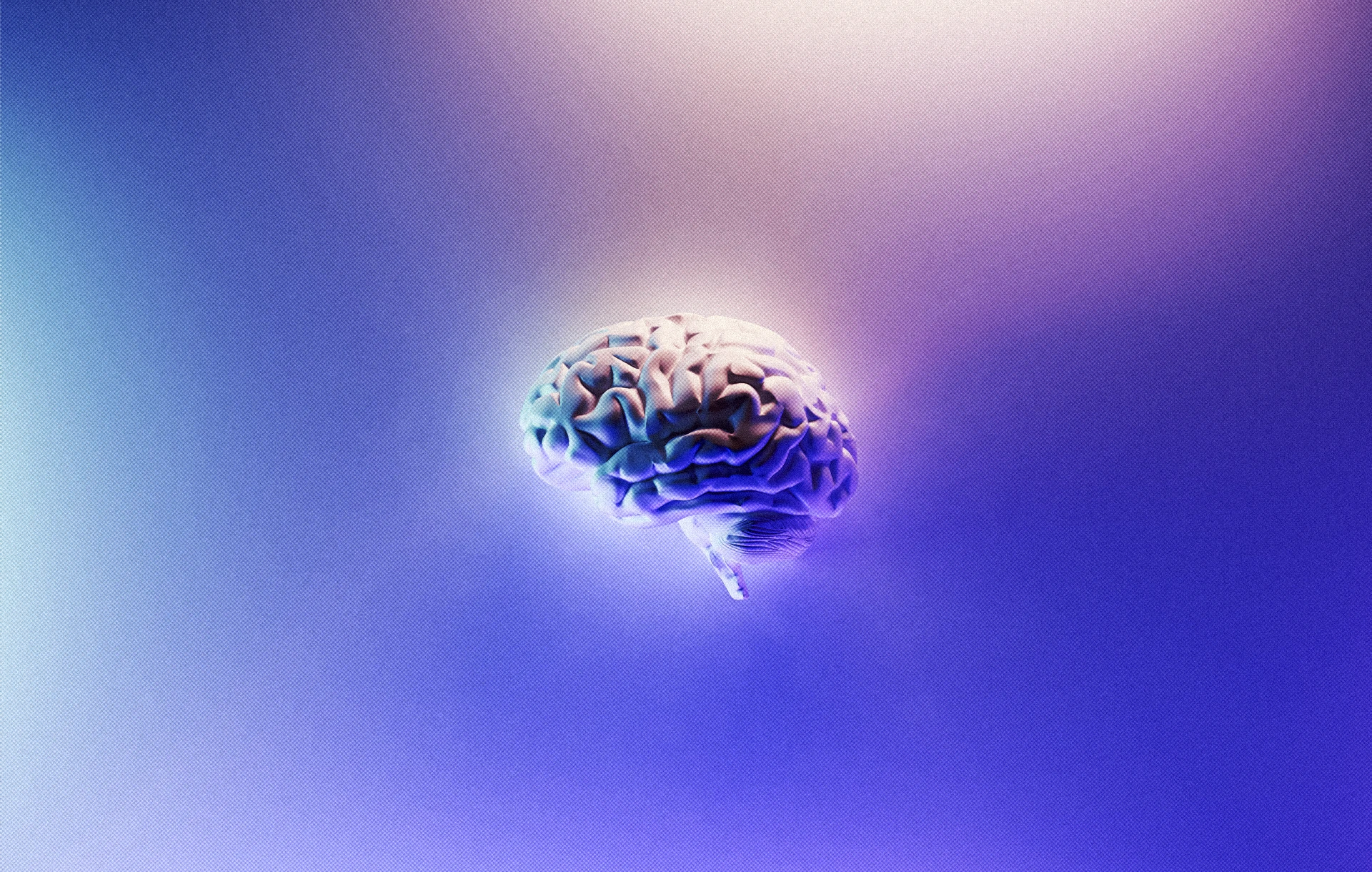Our brain receives a myriad of information daily, and this information can affect it positively or negatively.
On the other hand, music is one avenue through which this information is communicated. Whatever music genre, its impact and influence over our brain is without question.
Music can shape our emotions and even help build social connections, whether soothing or stimulating. For example, the best music for gambling has to be focus oriented, while the one for high-intensity activities like working should be motivating and energetic.
If you are curious as to the effect of music on your brain, you are in the right place. Read on and enjoy!
Benefits Music Can Have on Your Brain
Scientists are constantly delving into the world of music, trying to uncover its effects on the brain. And here are the results of some of their findings.
Stress Reliever
In this modern society, stress has become a compulsory and constant experience for everyone. A very powerful way to unwind is through listening to music; It has the ability to influence our emotions and mental states.
Researchers found that music activates the parasympathetic nerves, which are responsible for promoting relaxation. The activation of these nerves helps to counter the effects of stress and induce a sense of tranquility. Slow and gentle sounds help decrease heart rate, which in turn relaxes tensed-up muscles.
Stress relief is not only limited to soft tunes. Upbeat songs can also serve as an antidote against stress-inducing thoughts and give you the energy boost needed to keep going. So, finding the right music which suits different circumstances is essential.
Fosters Social Connection
One of the few things which helps bring people together and transcends cultural or ethnic diversity is music. In fact, it is not uncommon to see people share emotions and experiences through music. It is why people can bond at a concert through the lyrics or melody of a song.
Engaging in musical activities as a group also further strengthens socialization skills. When people come together, they collaborate and corporate, which improves our trust and empathy for others, leading to increased brain activity.
Also, different genres of music exist, and they sometimes provide topics of conversation with strangers on preferences and result in recommendations exchange.
To cut a long story short, music is a universal language anyone can understand, regardless of cultural background.
Improved Sleep Quality
Have you ever wondered how lullabies work and why they make you sleep so well? This is also a result of the relationship between music and the brain.
Music has been shown to reduce cortisol levels, the hormone determining stress levels. This leads to the mind relaxing and getting into a state of lull. Alleviation of anxieties that could make falling asleep difficult gives you more time for sleep, thereby improving your sleep quality.
Intelligence and Productivity
Musicians and avid music listeners have been found to have improved cognitive abilities. You need to focus and pay attention when listening to or playing melodies. Then you can then transfer this focus gained to other areas, improving your productivity.
Music is also an effective tool for triggering memories. It is through a process called music therapy, and professionals use it to treat individuals with memory loss. For instance, an individual with dementia may recall specific memories lost with the help of music therapy.
Also, learning to play a musical instrument benefits motor functions and decision-making skills. Musicians always need perfect coordination and motor skills, which engage various brain parts and improve neural connections.
Enhances Creativity
With music, you can take your imagination to the next level and unleash creativity. Melodies’ ability to cause shifts in our emotional states makes us more open to new ideas and perspectives. For example, an artist lacking inspiration for a painting could create a masterpiece evoked just by a sound or melody heard.
Through collaboration with others, musicians get to engage in creative discussions. They share and explore new ideas in these interactions, building personal skills. It also introduces you to other perspectives you might not be familiar with and encourages learning and adapting to them.
Boosts Immunity
Through scientific research, we now know more about the impact of music on the human body’s immunity. Listening to music can help facilitate the production of NK cells (Natural Killer cells) in our body. These cells destroy diseased cells like cancer cells in our system.
Performing music in groups has also been found to increase the levels of immunoglobulin A (IgA) produced in the body. This antibody helps in the immunity of the mucous membranes like (respiratory and digestive tracts). Other rhythmic activities have also been shown to enhance immunity.
Conclusion
The impact music has on the brain is beyond remarkable. The melodies do not only impact us physically but also improve the state of our minds. So, no matter the genre of music you prefer, be it slow and soothing or fast and upbeat, ride the waves and let it transform your mind.



